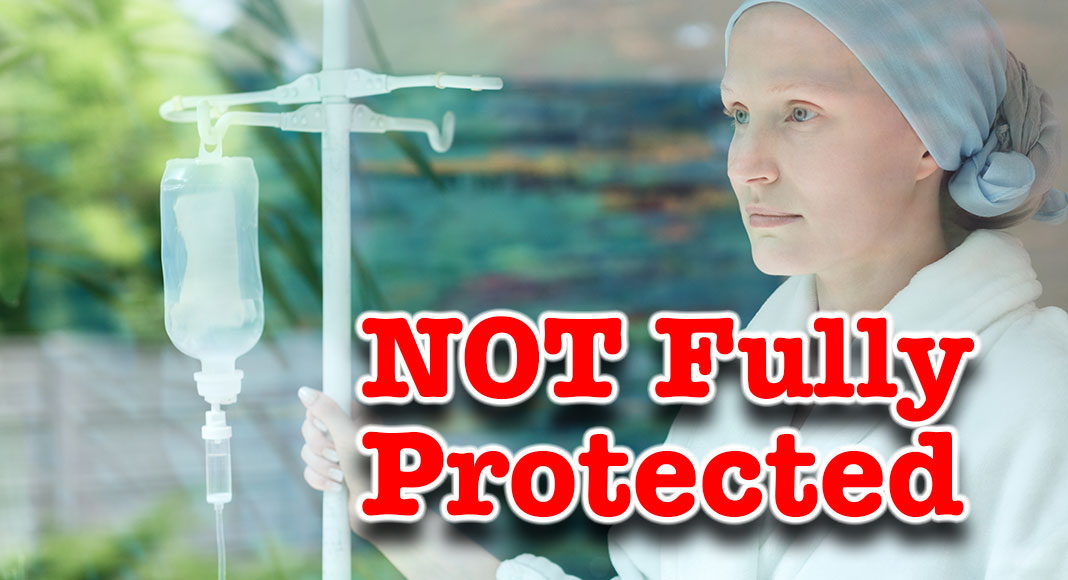
Mega Doctor News
by University of Arizona Health Sciences Center
Newswise — The COVID-19 pandemic has been an especially stressful time for cancer patients undergoing chemotherapy, which attacks not only the cancer, but also the immune cells needed to defend the body from infections. New research at the University of Arizona Health Sciences found that patients undergoing active chemotherapy had a lower immune response to two doses of the COVID-19 vaccine, but a third dose increased response.
“We wanted to make sure we understand the level of protection the COVID-19 vaccines are offering our cancer patients, especially as restrictions were being eased and more contagious variants were starting to spread,” said Rachna Shroff, MD, MS, chief of Gastrointestinal Medical Oncology at the UArizona Cancer Center and director of the Cancer Center Clinical Trials Office.
To answer this question, Dr. Shroff and a team of UArizona Health Sciences researchers looked at 53 Cancer Center patients on immunosuppressive active cancer therapy, such as chemotherapy. They compared the immune response following the first and second dose of the Pfizer-BioNTech COVID-19 vaccine with that of 50 healthy adults. Their results were published online in the journal Nature Medicine.
After two vaccine doses, most of the cancer patients showed some immune response to the vaccine, meaning they had antibodies for SARS-CoV-2, the virus that causes COVID-19.
“We were pleasantly surprised,” said Deepta Bhattacharya, PhD, professor of immunobiology in the College of Medicine – Tucson and a member of the Cancer Center and BIO5 Institute. “We looked at antibodies, B cells and T cells, which make up the body’s defense system, and found the vaccine is likely to be at least partially protective for most people on chemotherapy.”
However, the immune response was much lower than in healthy adults, and a few of the patients had no response to the COVID-19 vaccine. This translates to less protection against SARS-CoV-2, especially the delta variant that is now the dominant strain in the United States.
Twenty patients returned for a third shot, which boosted the immune response for most. The overall group immune response after the third shot reached levels similar to those of people who were not on chemotherapy after two doses.
The interdisciplinary research team was formed not long after the Pfizer-BioNTech vaccine was approved in late 2020. To get the clearest answer possible, they focused on patients with solid tumors, such as breast or gastrointestinal cancer, and excluded people on immunotherapy.
“The fact that we could answer this question in such a short time speaks to what can happen when you leverage the varied expertise, we have within UArizona Health Sciences,” said Dr. Shroff, who also is a member of the BIO5 Institute. “Cancer Center clinicians went above and beyond to enroll their patients in the study because we all had a unified goal to protect our patients.”









